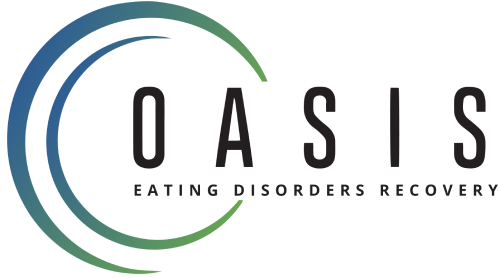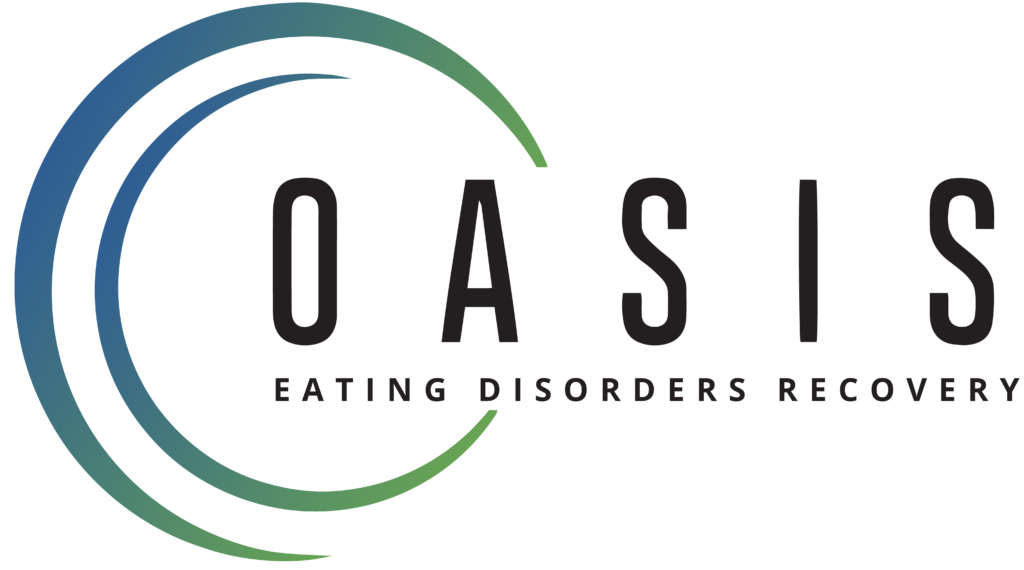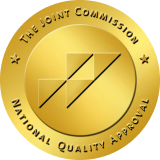Choose Facility
Understanding Compulsive Overeating and Food Addiction
Is it cause for alarm if you have ever eaten till you were so full that you couldn’t sit up straight? What if you have difficulty keeping your appetite in check or if you frequently find yourself grabbing food even when you’re not hungry? Is this suggestive of food addiction or compulsive overeating?
That said, there is a great deal of misunderstanding and uncertainty around issues of overeating, compulsive overeating, and food addiction. It’s important to get help if unhealthy eating habits are interfering with your daily life.
What Is Compulsive Overeating?
Certain actions and criteria may indicate a lack of self-control when it comes to food, and these may be used to diagnose compulsive overeating. Many people who battle with compulsive overeating find comfort in eating in times of high stress or strong emotions. A woman may binge eat as a way of comfort or solace, for instance, after a long and difficult day at work.
For example, a man going through a tough divorce may turn to food as a distraction or an attempt to replace the void he feels inside. Compulsive overeating may stem from repressed trauma, painful events, or strong emotions.
Compulsive eaters typically have an understanding that their actions are inappropriate but still find it difficult to quit the pattern of binge eating. In addition, persons who struggle with compulsive overeating frequently isolate themselves in shame, keeping their pain and anxieties to themselves because of the guilt associated with this issue.
What Is Food Addiction?
In contrast, the effects of food addiction are similar to those of drug or alcohol dependence. Foods that are heavy in carbohydrates and salt trigger a chemical reaction in the body of a person with food addiction.
It’s been hypothesized that drug abusers suffer a similar chemical shift when they get high. Those with food addiction may seek and eat tasty meals even when they aren’t hungry because they know that doing so will give them a euphoric high.
The Food Addiction Institute defines food addiction as a “set of chemical dependence on certain foods or food in general.” Though they may experience negative outcomes due to their actions, a person with a food addiction will likely continue to engage in destructive eating behaviors.
Although there hasn’t been a ton of research conducted on food addiction, it’s possible that a number of factors, including genetics, biochemistry, and hormones, all play a role in the development of food addiction.
Learning about the Overlapping Behaviors
Food addiction and excessive overeating often go hand in hand. A person’s propensity to develop compulsive eating behaviors may be elevated, for instance, if they have biological risk factors for food addiction, such as a hereditary predisposition or neurochemical imbalance.
An emotional gap may be filled by food consumption, a pattern that can be reinforced by the hormonal factors associated with the addiction. A tough-to-break cycle may result from this. Because of the wide range of factors at play in both compulsive eating and food addiction, receiving thorough care and therapy is essential.
Whole-person care is most effective when it takes into account the patient as a whole, including their biological, emotional, mental, and psychological needs.
Conclusion
If you have a history of compulsive overeating, struggle with food addiction, or exhibit symptoms of both, it’s crucial that you seek help. The good news is that you can seek assistance at any point along your journey.
Consult a medical professional or counselor who specializes in addiction or eating disorders to learn more about the condition and possible treatment options.
A common feeling among those who struggle with issues related to food, such as an addiction or compulsive overeating, is helplessness. Take heart in the fact that you can go beyond your unhealthy eating habits. Simply asking for support is the first step toward a life of independence.
If you are looking for a well-trusted eating disorder recovery center that would help you with your compulsive overeating or food addiction, look no further than our expertise here at Oasis Eating Disorders Recovery. We understand that living with an eating disorder takes a toll on the individual, as well as their friends and family. We are here to offer support, compassion, and hope as you navigate the recovery journey. Call us today to book your first eating disorder session with us.
All Rights Reserved © by Oasis Eating Recovery Center | Website Sitemap | Privacy Policy | Billing Policy



